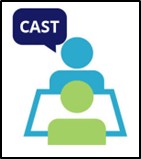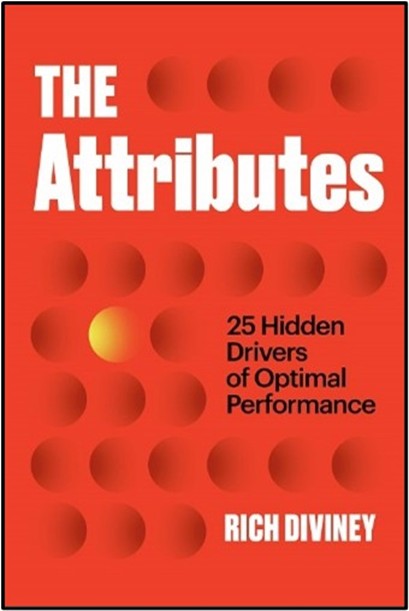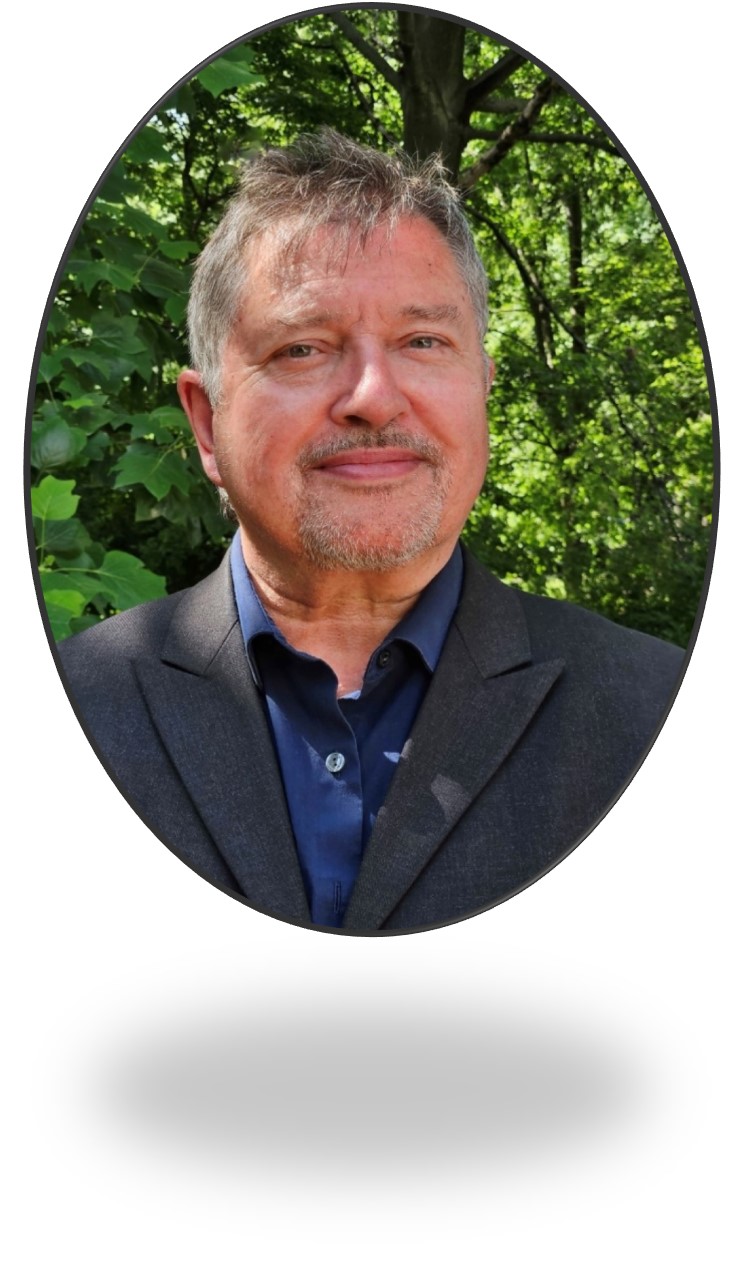ASSESSING CHARACTER FOR EXCEPTIONALLY CHALLENGING ROLES AND WORK - PATRICK TOMLINSON (2024, REVISED 2025)
Date added: 08/08/25
Download a Free PDF of this Article

Character triumphs over talent. (Kerr, 2013, p.7)
The Character Assessment & Selection Tool is based on extensive research and experience. The focus has been on identifying the qualities of character that support prominent levels of resilience and development in exceptionally challenging work. By challenging work, we mean work that is often rife with uncertainty and anxiety, and that can be testing to the extreme. The testing nature of the work can be cognitive and emotional.
CAST can be used for organizational staff selection and development or by professionals seeking to explore and maximize their potential. The aim is to identify,
- Where someone is in their development.
- The levels of responsibility a person can be expected to manage.
- Their developmental needs and pathways.
 CAST is conducted by an online 1-1 in-person interview or an online automated form-based assessment. The in-person interview takes around 1 hour to 1 ¼ hours to complete. It explains an individual's character and attitudes towards life, work, working with others, and development potential. A summary report is provided with graphs that identify where someone is on a continuum regarding these character traits.
CAST is conducted by an online 1-1 in-person interview or an online automated form-based assessment. The in-person interview takes around 1 hour to 1 ¼ hours to complete. It explains an individual's character and attitudes towards life, work, working with others, and development potential. A summary report is provided with graphs that identify where someone is on a continuum regarding these character traits.
Supportive - demanding style - how a person manages and approaches their development and that of others, such as in a 1-1 relationship, and in groups, such as managing a team or department.
- Growth mindset
- Perseverance
- Ownership
- Sense of purpose
From these insights, the following outcomes can be determined:
- Capacity for handling challenging situations and overcoming obstacles.
- Development potential in the short and long term.
- People management and leadership abilities.
- Potential resilience related to different levels of responsibility.
- Developmental needs to maximize progress.
Assessing Character
What determines our performance in highly challenging situations has more to do with our character than our skills. Our character is made up of what Rich Diviney (2021) has called underlying attributes. These are personal qualities, but they are vitally important in professional situations.
In such extreme situations, how you perform is much less about what you know than who you are. Your skills aren’t necessarily important. What matters more are your attributes. (Diviney, 2021, p.5)
Similarly, the leadership consultant, Owen Eastwood (in Kerr, p.77), claims that the first step out of 5 in developing a high-performance culture is to select on character.
- Select on character,
- Understand your strategy for change,
- Co-write a purpose,
- Devolve leadership and
- Encourage a learning environment.
Kerr (p.12) emphasizes the importance of character in a values-driven organizational culture,
Our values decide our character. Our character decides our value.
CAST examines character qualities, such as persistence, purpose, growth mindset (Dweck, 2016), and ownership, as well as the balance between being supportive and demanding. Diviney (p.6) argues,
We all have an internal coding, a specific combination of attributes that guide our performance.
The underlying character may be dormant and only surface in especially challenging circumstances. Diviney (p.24) states,
 “In fact, sometimes certain attributes are overlooked because we don’t even know we have them. Those are what I call “dormant attributes.” Typically, they emerge in environments that involve deep challenge, extreme stress, or both.”
“In fact, sometimes certain attributes are overlooked because we don’t even know we have them. Those are what I call “dormant attributes.” Typically, they emerge in environments that involve deep challenge, extreme stress, or both.”
As well as having a major influence on individual performance, issues of character and attributes also have a significant influence on how people work together. Diviney (p.6) says,
“Attributes also affect how people—teams, managers, and subordinates, spouses, children, and friends—interact with one another; a dozen competent, skilled colleagues might be a disaster working together, while a collection of seemingly average individuals excel as a collective.”
The core aim of CAST is to examine the underlying qualities of character and to make some of the hidden or dormant qualities more visible. This is especially helpful when considering a person for roles that they have not been in before and may have little conscious awareness of how their character will fit with the demands of the role. CAST focuses on character – it does not assess the more visible and easy-to-measure skills.
The assessment gives feedback on a person's resilience, strengths, and areas of vulnerability that are relevant to different professional roles. It will give an indication of the present and potential levels of responsibility the person is capable of. A full feedback report is provided, with recommendations for development. A consultation can also be offered to discuss the report and answer any queries. Identifying the underlying character helps create a focused development plan. With a better understanding of our character and a focused plan, progress and positive development are possible. As Dviney (p.7) argues,
While attributes are part of everyone’s circuitry, they’re not immutable. They can be tweaked and modified… If you want to understand human performance—yours and others’—the first step is to understand attributes.
To help make CAST more widely available, we have created an online version, which is now ready. This will assist organizations in accessing assessments in a timely and cost-effective manner to complement existing recruitment and selection processes and staff development.
See here for options: https://www.castassessment.com/optionsandprices
What are the benefits?
- Improved staff retention.
- People in the roles they are suited to.
- Engaged individuals & teams, thriving in their work, & developing.
- Higher quality task performance.
- Improved finances.
- Improved quality of individual/service/organizational development.
Who can benefit?
- Business Owners
- Directors
- Managers
- Any Professional
References
Diviney, R. (2021) The Attributes: 25 Hidden Drivers of Optimal Performance, New York: Random House
Dweck, C.S. (2016) Mindset: The New Psychology of Success, New York: Penguin Random House L.L.C.
Kerr, J. (2013) Legacy: What the All Blacks can Teach us about the Business of Life, Constable: London
Patrick Tomlinson - Leadership & Organizational Development Strategist
 The primary goal of Patrick’s work is the development of people & organizations.
The primary goal of Patrick’s work is the development of people & organizations.- Over 35 years of experience in leadership - professional, workforce & organizational development.
- With vast experience in staff selection & development.
- Has conducted longitudinal studies and research on staff retention & helped organizations significantly reduce the costs of ineffective staff selection & development.
- Has helped organizations across the world save £100s K & improve all outcomes.
- Over 8 years of research on the CAST tool.
Contact: [email protected]
Website: www.castassessment.com
Files
Please leave a comment
Next Steps - If you have a question please use the button below. If you would like to find out more
or discuss a particular requirement with Patrick, please book a free exploratory meeting
Ask a question or
Book a free meeting













